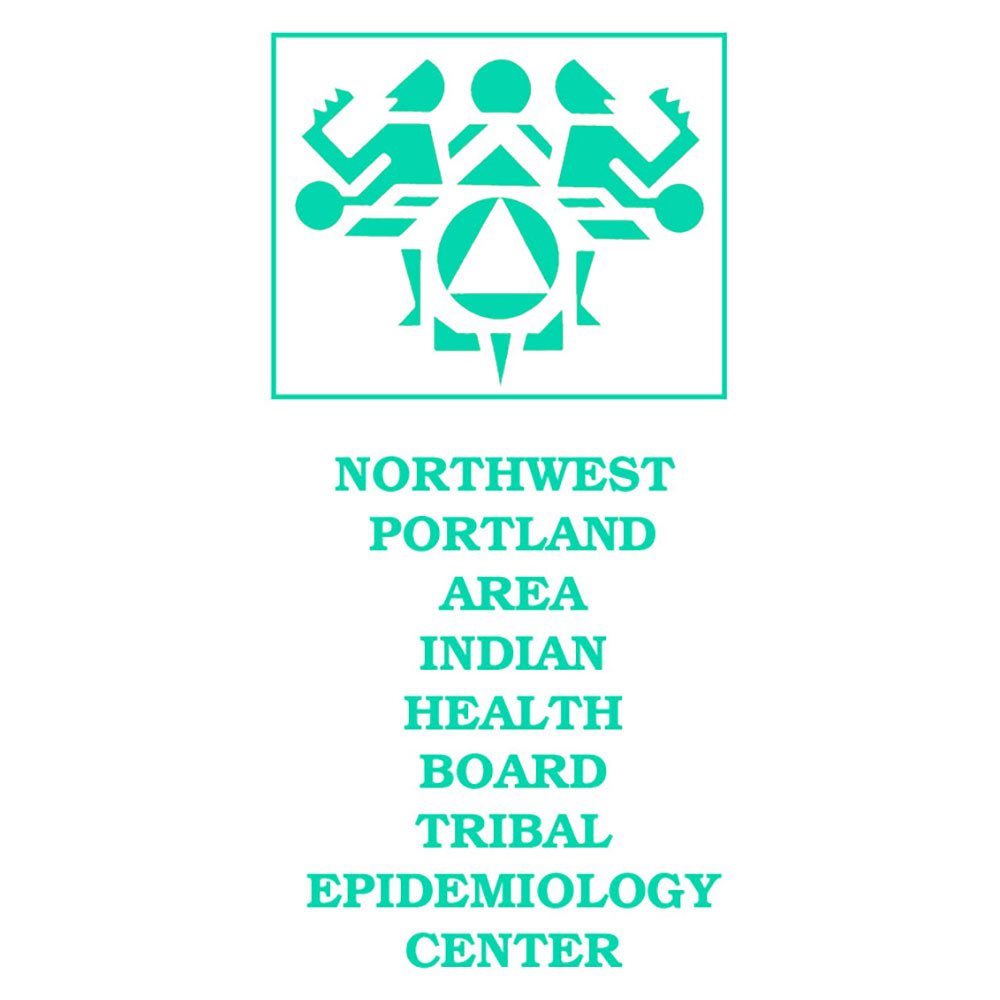The Northwest Tribal Epidemiology Center (NWTEC) has conducted six tribal specific Behavioral Risk Factor Surveillance Surveys (BRFSS), over the last three years. We have been actively assisting tribes, upon request in conducting BRFSS.
The Behavioral Risk Factor Surveillance System (BRFSS) is the nation’s system of health-related telephone surveys that collect state data about U.S. residents regarding their health-related risk behaviors, chronic health conditions, and use of preventive services.
Established in 1984 with 15 states, BRFSS now collects data in all 50 states as well as the District of Columbia and three U.S. territories. BRFSS completes more than 400,000 adult interviews each year, making it the largest continuously conducted health survey system in the world. However, unless states oversample the American Indian/Alaska Native (AI/AN) population, there are insufficient subjects in most cases to report on the health status and practices of AI/AN.
The traditional BRFSS involves random digit dialing of the general population. Using tribal enrollment or clinic lists we have contacted either a random sample of tribal members or a census of tribal members, surveying all who are willing participants. Various methods have been used including telephone survey and face to face survey. The NWTEC is having good response to both methods. To date, we have surveyed both tribes in Washington and Oregon.
Tribes select the Center for Disease Control and Prevention (CDC) modules that they wish to use and then are able to add additional questions of interests to the Tribe. We have moved to a digital survey which is entered into the database in real time. The data is held at the NWTEC in the Northwest Tribal Data Repository, and stewarded for the Tribes, who retain ownership. This allows us to return results to the tribes for their use in a more rapid manner. Currently we are finalizing data analysis for one tribe and beginning approvals and data collection for two others. Tribes of the Northwest have been able to use the information for health program planning and successful grant writing.



